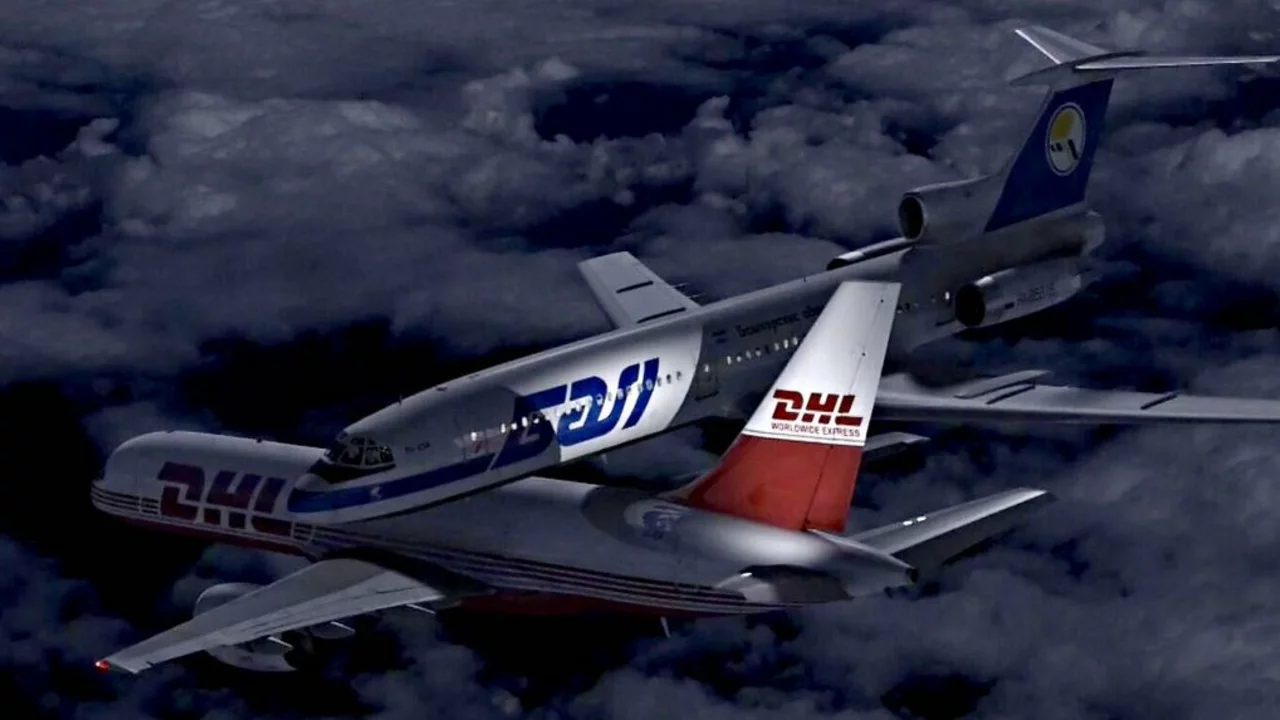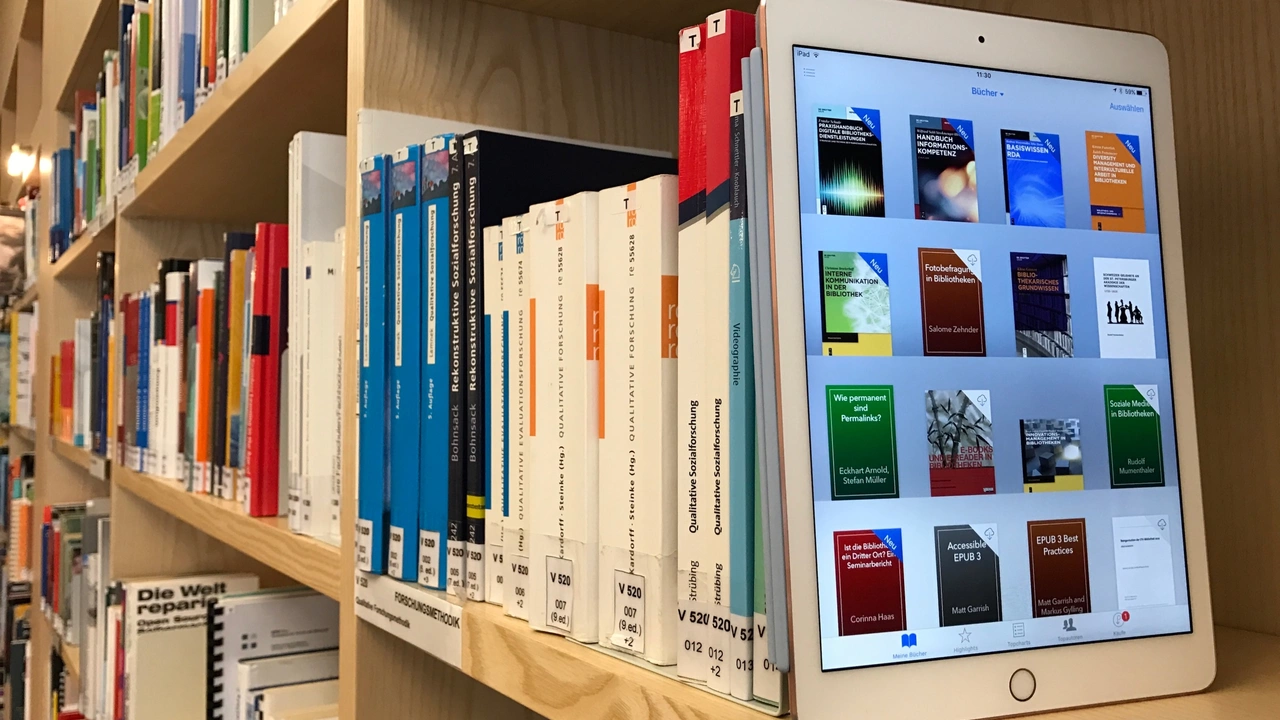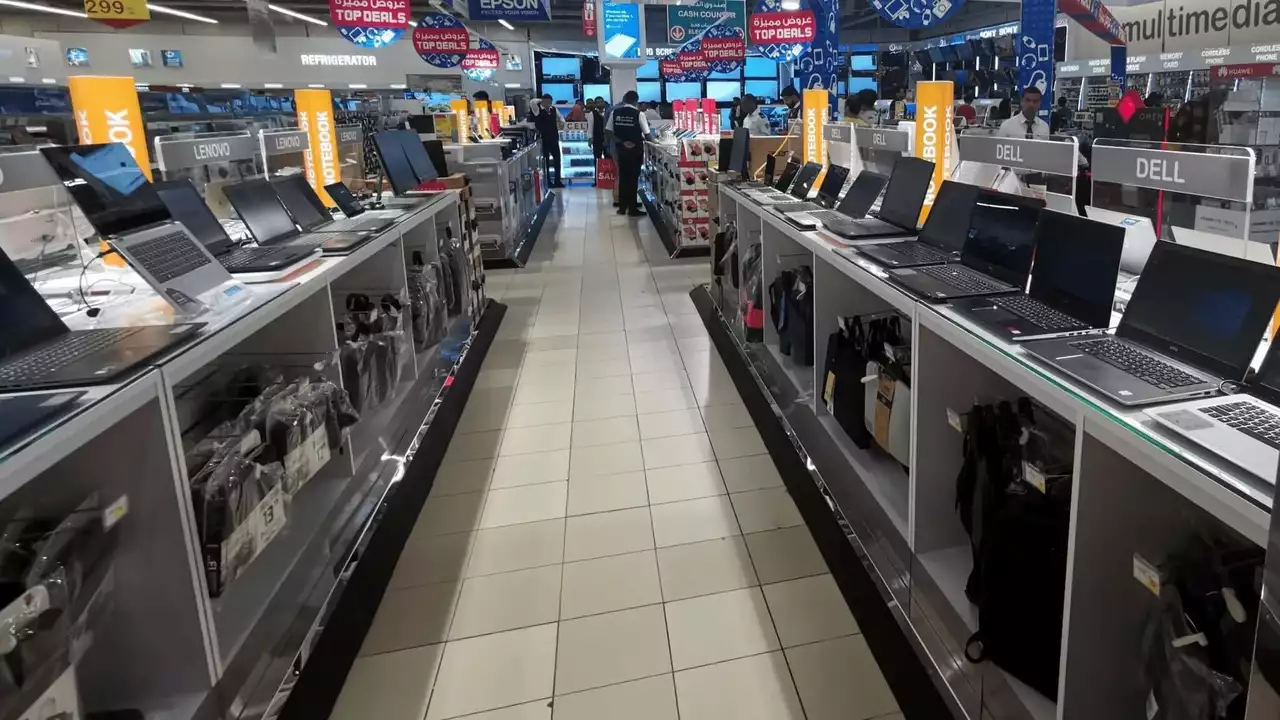July 2023 Archive - India Election Insights
July 2023 brought a small but varied mix to India Election Insights. You will find practical updates, surprising history, and helpful reading guides. Each post is short, focused, and easy to skim when you are short on time. Below are quick summaries and why these pieces matter if you follow politics, local news, or tech trends.
What we published
First, a local update: the Border Security Force opened fishing on the Indian side of the Padma river starting that day. That post explains who benefits, the likely impact on fisher communities, and what to watch next about cross-border river access. It's useful if you want a quick take on local livelihoods and border management.
Next, we looked at mid-air plane collisions. The post walks through notable incidents like the 2002 Uberlingen collision and explains how air traffic control and technology have changed since. If you travel often or follow safety policy, the piece gives a concise history and the main lessons learned.
We also recommended electronics books for different readers. That post lists classics like The Art of Electronics, Practical Electronics for Inventors, and accessible hands-on guides. It tells you which book fits beginners, hobbyists, or advanced learners so you can pick the right read without guessing.
Finally, one post looked at what kicked off the consumer electronics market. The short history traces how the radio became the first mass-market electronic device and why that mattered for later products like TVs and smartphones. The piece is aimed at readers who want a clear origin story without heavy jargon.
Why these posts are worth your time
Each article is built to be useful fast. You get facts, context, and one or two things to watch next. For example, the Padma fishing update flags community effects and border rules. The aviation history ties past accidents to current safety systems. The book guide saves you hours of searching. The consumer electronics note gives a simple timeline you can use when comparing old and new tech.
If you only have a minute, skim the bold points in each post and move on. If you want more, each summary points to the core idea and the practical takeaway. July's posts are short, varied, and aimed at readers who like clear information without fluff. Come back each month for concise roundups that respect your time and curiosity.
What to watch next: Check local news for any follow-up on Padma fishing rules, including permits and enforcement. Watch civil society groups and fisher leaders for reports on livelihoods and cross-border coordination. For aviation, follow air traffic control upgrades and policy debates after major incidents. If you want to learn electronics, pick one book from the list and start one small project within a month. For market history, note how early mass devices shaped consumer habits that still affect voting campaigns and media outreach.
Want a particular follow-up? Tell us which topic you want deeper coverage on next month. We'll keep posts brief and useful. As always, no fluff.

BSF permits fishing on Indian side of Padma from today?
Hey there, folks! So, guess what's making a splash today? Our friends at the Border Security Force (BSF) have decided to spread some joy for our fisher-folk! Starting today, they are permitting fishing on the Indian side of the Padma. Yes, you heard it right! So, grab your fishing rods and your best fishing hats because it's time to cast your nets and reels. Who knows, with a little luck, you might just land the catch of the day! So, here's to a 'reel-y' good time at the Padma. Happy fishing, everyone!

Has there ever been a mid-air plane collision?
Oh boy, fasten your seatbelts folks, because we're about to take a turbulent trip through aviation history. Believe it or not, mid-air plane collisions have happened before, and I'm not just talking about in Hollywood blockbusters. In fact, one of the most infamous cases was the 2002 Überlingen mid-air collision, a truly shocking event that taught the world a lot about the importance of air traffic control. It's a bit of a bumpy ride to think about, but hey, even a tiny bit of turbulence can make for an interesting flight, right? So, next time you're cruising at 30,000 feet, remember to appreciate those air traffic controllers on the ground, they're the unsung heroes making sure your flight doesn't turn into an unplanned airshow!

What are the all time best electronics books?
In the vast world of electronics, there are several books that stand out as all-time classics. "The Art of Electronics" by Paul Horowitz and Winfield Hill is a must-read for its comprehensive coverage of both analog and digital electronics. "Practical Electronics for Inventors" by Paul Scherz is another gem, offering hands-on advice for inventors of all levels. Additionally, "Make: Electronics" by Charles Platt serves as a great guide for beginners, while "Microelectronic Circuits" by Adel S. Sedra and Kenneth C. Smith is highly appreciated by advanced learners. These books have been instrumental in shaping the field of electronics and continue to remain relevant today.

What product started the consumer electronics market?
In the realm of consumer electronics, it all started with the invention of the radio in the early 20th century. This groundbreaking product revolutionized the way we communicate, setting the stage for the dynamic electronics market we know today. As the first mass-produced electronic device, the radio brought information and entertainment directly into people's homes. This truly kickstarted the consumer electronics market, paving the way for subsequent innovations like television, computers, and smartphones. It's fascinating to see how far we've come from that humble beginning.